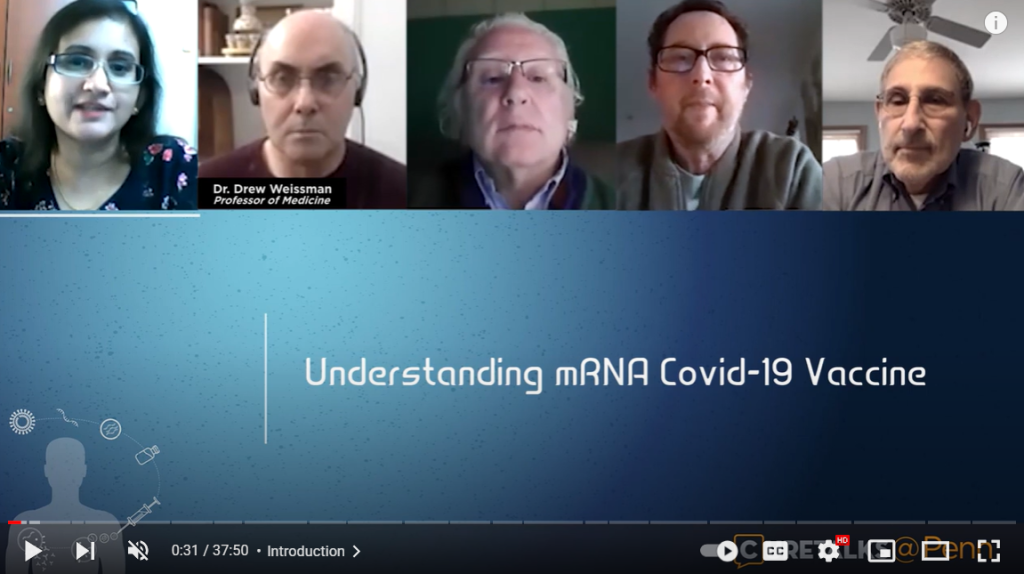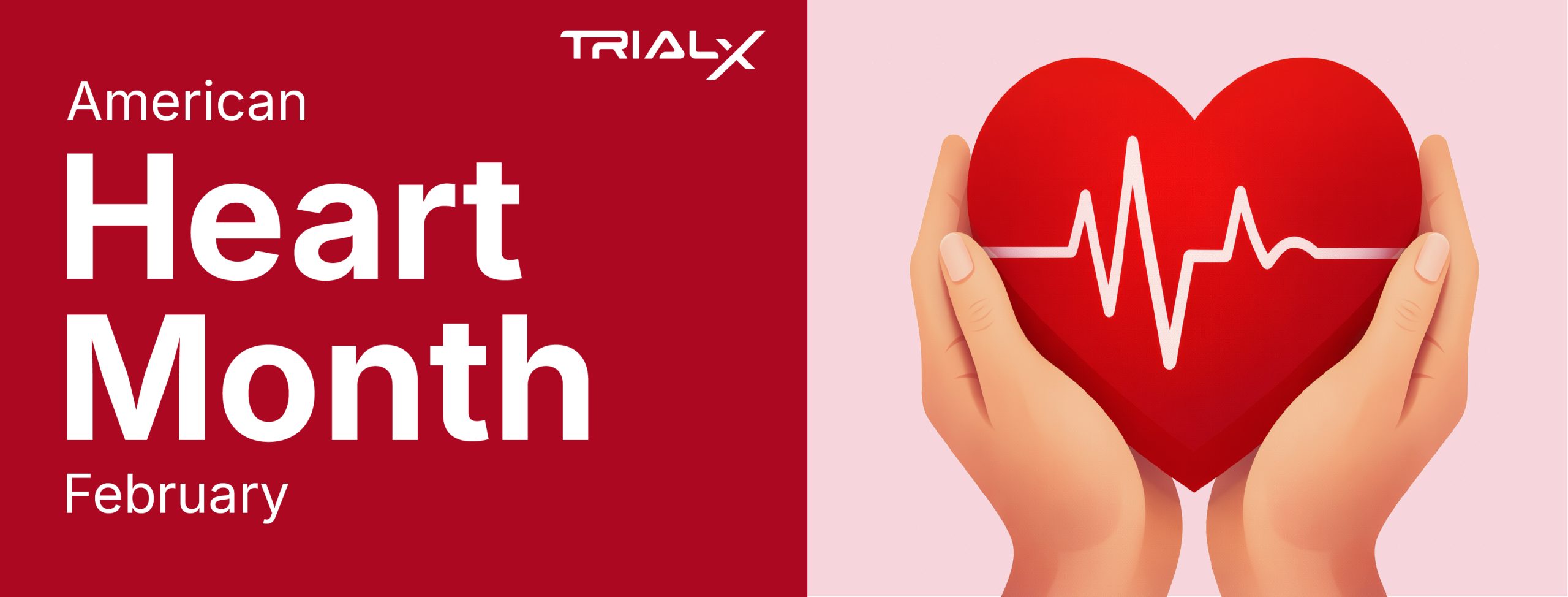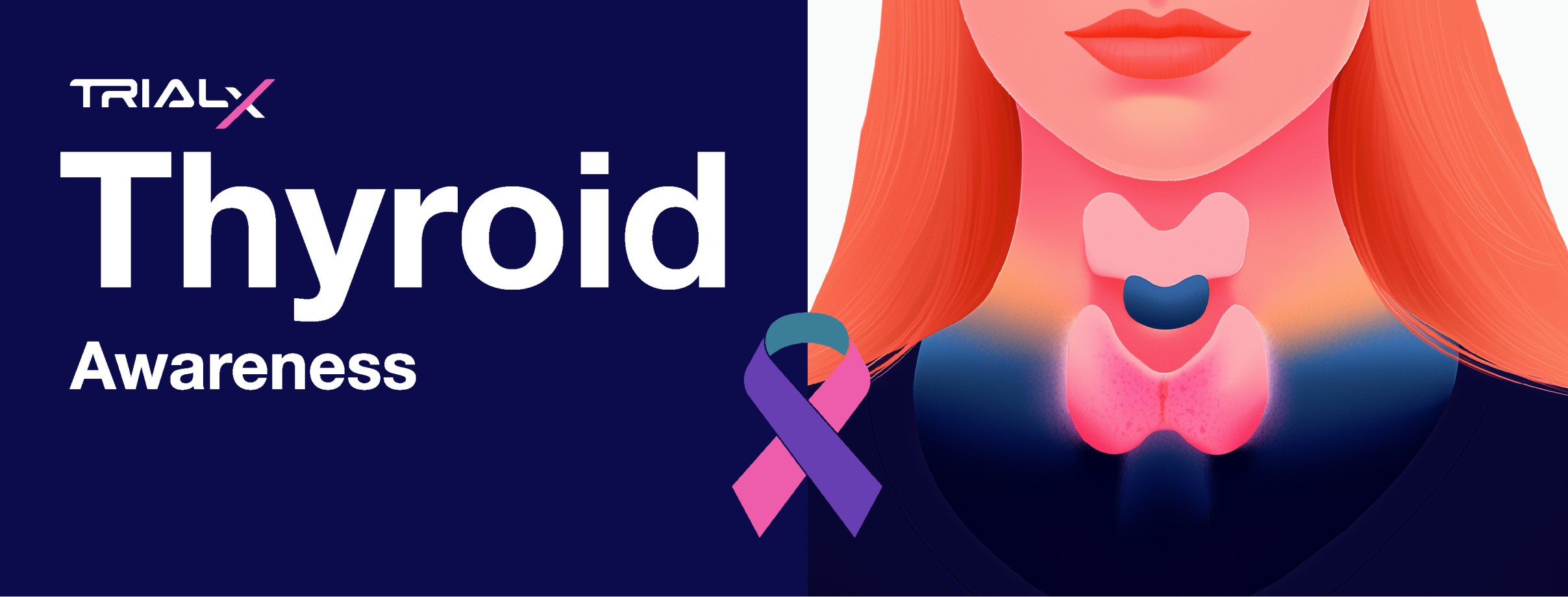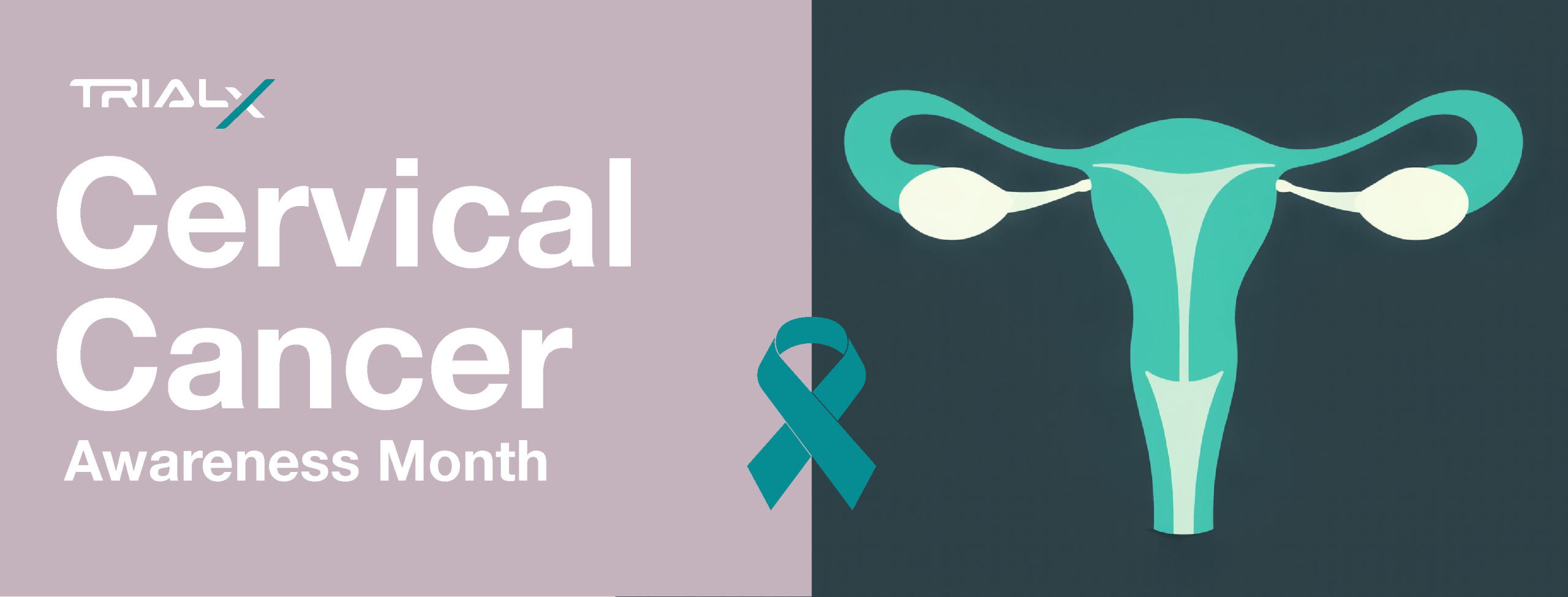TrialX Congratulates Dr. Drew Weissman, Dr. Katalin Karikó and the University of Pennsylvania! – The Nobel Prize Winning mRNA Covid Vaccine Story

The Nobel Prize winning work of the mRNA covid vaccine, has an interesting story that began three decades ago, with a little-known scientist duo who refused to quit.
For more than 30 years, biochemist Katalin Karikó researched synthetic messenger RNA (ribonucleic acid), or mRNA — a genetic code. Her path was not easy. She left her native Hungary in 1985 and settled in Philadelphia. But while she landed teaching positions, her grant applications to study mRNA were repeatedly turned down. But Karikó kept her focus on mRNA, exploring how the single-stranded molecules of genetic code could treat a wide range of conditions — from strokes to cancer — and also protect against influenza, among other ailments. Karikó’s luck turned in 1998, when she met immunologist Drew Weissman, a professor of medicine at the University of Pennsylvania, and the two formed a research partnership.
For over a decade afterwards, Dr. Drew Weissman, the Roberts Family Professor in Vaccine Research, University of Pennsylvania and Dr. Katalin Karikó, an adjunct professor of Neurosurgery at Penn and a senior vice president at BioNTech worked to chemically modify mRNA so it could be used safely and effectively in vaccines.
Many vaccines stimulate immunity and prepare the body to fight against a specific virus by using a weakened or dead version of the actual virus. mRNA vaccines, however, carry a genetic code that causes the body’s cells to produce proteins that the immune system recognizes as the virus. The immune system then builds up the necessary defenses against the viral proteins to protect against future infection and severe disease.
Prior to Weissman and Karikó’s breakthrough research, mRNA vaccines being developed to prevent infectious diseases did not effectively and safely elicit protective immune-system responses in animal models. Weissman and Kariko changed the way the mRNA was made by including specific naturally occurring mRNA modifications that make the mRNA safer, more stable, and effective for prophylactic and therapeutic purposes.
Every strand of mRNA is made up of four molecular building blocks called nucleosides. But in its altered, synthetic form, one of those building blocks, like a misaligned wheel on a car, was throwing everything off by signaling the immune system. So Karikó and Weissman simply subbed it out for a slightly tweaked version, creating a hybrid mRNA that could sneak its way into cells without alerting the body’s defenses.
Drew Weissman, had dreamed about the seemingly endless possibilities of treating diseases with custom-made mRNA. However, he didn’t expect the mRNA technology he co-created with former colleague Katalin (Kati) Kariko, to become a critical technology used in some of the COVID-19 mRNA-based vaccines.
In April, 2021, we sat down with Dr. Weissman to learn more about the science behind mRNA and his journey to creating the mRNA vaccine technology that is a critical component of Pfizer-BioNTech’s and Moderna’s mRNA-based COVID-19 vaccines and others being developed globally.

Question: You have been working on the mRNA vaccine for quite a few years. It’d be great, if you can give us a little bit of history of the vaccine journey.
Dr. Drew Weissman: Sure. I came to UPenn 23 years ago and met Kati Karikó at a copy machine and I’ve studied vaccines and she studied mRNA but wasn’t getting very far and nobody in the RNA field was advancing. So, we started to investigate RNA in the immune system, and we figured out that RNA was highly inflammatory and that was problematic. Because if you give RNA to a patient, you don’t want to get sick from the RNA. So, we figured out what made it so inflammatory and then we figured out how to avoid that inflammation and that was our breakthrough in 2005, it’s called nucleoside modified mRNA. And what we essentially did is we changed the RNA, so that the immune system in our bodies didn’t recognize it as foreign. And that’s the RNA that’s used in the Moderna and Pfizer biotech vaccines.
Question: Do you think mRNA manipulation is a holy grail for other diseases as well?
Dr. Drew Weissman: I think the therapeutic platform has enormous potential. It’s worked unbelievably well for Covid in two different companies’ hands. We’re doing clinical trials for five more pathogens right now. RNA vaccines are in Phase 2 clinical trials for cancer as personalized vaccines and have really shown great success or better success so far. So, it has enormous potential and my guess is that it’s going to be a turning point in medicine.
Question: Do you think mRNA vaccines have an advantage over the other type of vaccines and if so, what are some of these that we’re seeing for Covid-19?
Dr. Drew Weissman: The two RNA vaccines the Moderna and Pfizer are the first ones licensed. One of their advantages is that they’re incredibly quick to make. So, if you have to make an inactivated virus vaccine, that’s a lot of work. You have to figure out how to grow the virus, how to inactivate it, how to purify it, how to make sure it’s safe. With RNA you only need the sequence of the protein of interest.
Question: What is your take on the Canadian study that came out in earlier this year about blood types and correlated with susceptibility, morbidity and mortality? Is that study something that’s worthwhile and should be pursued?
Dr. Drew Weissman: We don’t know yet. It’s pretty clear that certain blood types A in particular has increased risk from infection. We see this with a lot of diseases where there are genetic associations with disease and severity. So, I take it very seriously, and I think it deserves more research to understand exactly how that happens.
Question: Why do we need booster shots to make mRNA vaccines create more antibodies or why is there a more pronounced reaction after booster shots? And what does it show about delaying the booster dose?
Dr. Drew Weissman: We’ve developed probably over 30 different vaccines using mRNA for everything from Zika to Ebola to genital herpes, HIV, influenza, hepatitis C. Some of those vaccines work well with a single injection others require multiple. If you look at the phase 3 trials both the Moderna and the Pfizer vaccines are 80% effective after a single immunity. What we don’t know and what the concern was that how durable that response is and that gets into basic immunology. And in basic Immunology the first time you see a pathogen or an antigen, the response is limited and it’s usually not very potent and the immune system requires a boost, a second vision of that pathogen to make a better response. And that’s why most vaccines are given two, three, four times to boost and to improve the response. We see the same thing with RNA, the level of antibodies goes up about 10 to 20-fold when somebody gets a booster.
Questions: What about booster dose side effects. I felt a little lousy, a couple friends of mine felt terrible. Some others were very sick. Is there any data that relates these booster dose side effects with manufacturers, or this is just in case of immune systems are funny and they are individual?
Dr. Drew Weissman: So, if you look at the side effects, 80 to 90% of people get sore arms, swelling at the site and a smaller percentage gets systemic effects. This is telling us that the vaccines are working. This is the immune system responding to the vaccine. They appear to be purely our immune system responding. So, in my mind, it’s a good thing if you have an adverse event because it means the vaccine is doing its job. Not to say that we are working on newer vaccines that have fewer of these adverse events, so that the vaccine is better tolerated.
Question: Doctor, the new Covid variant, we are seeing across the world, how effective do you think mRNA vaccines would be?
Dr. Drew Weissman: What we know so far is that the RNA vaccines still appear to be effective against all other variants so far. What we don’t know is what’s going to show up in the future, more variants are going to occur until we can vaccinate the entire world, variants are going to keep appearing. So, the concern is that in the future a variant might appear that the vaccine is completely useless against. For mRNA vaccine, it’s very simple to make an update of, a booster and improvement. I was talking to the person who runs Biotech who said it would take them six weeks to have a new vaccine in a patient’s arms. So, RNA allows you to very quickly update vaccines which I suspect will be important as new variants appear.
Here is the full talk to watch:
Weissman and his colleagues at University of Pennsylvania are studying mRNA for other infectious-disease vaccines, including one for influenza and a single vaccine that may prevent various types of coronaviruses like COVID-19, SARS, and MERS—because even after the COVID-19 pandemic, other coronaviruses will still pose serious threats to public health. (Featured image photo credit: University of Pennsylvania).


